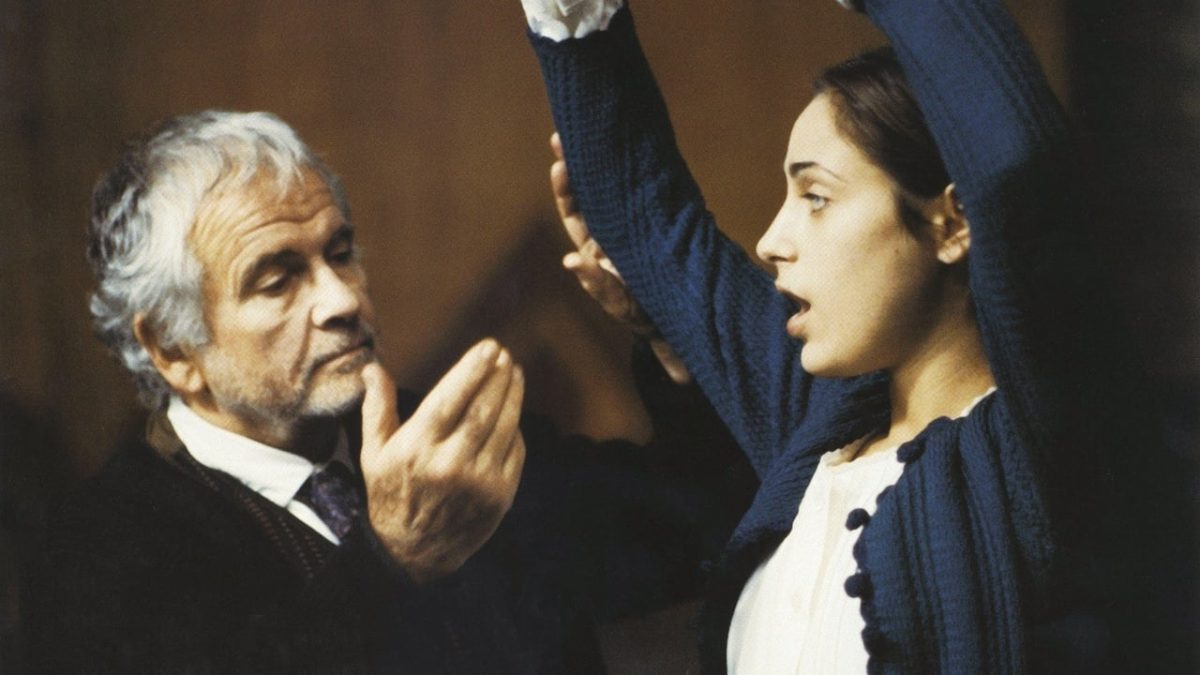"Each step has to stretch like a rope in the audiences' mind"
Esther Kahn is an unusual concoction of genres: both a backstage theater drama and a coming of age tale. And much of the film’s charm comes from the thematic richness blending and juxtaposing those genres and their usual outcomes: On the one hand, Esther performatively adopts various growing milestones to enhance her acting; on the other, her true maturation happens onstage. By the end Esther has learned that to serve herself is to betray her audience, and vice versa. In the finale, her reality and the stage quite literally merge in a terrifying, self-destructive way.
Summer Phoenix plays the title character as if she has no idea what to do in front of a camera, and the character no idea what to do on stage. Esther is intensely, almost magnetically, naive. It’s a peculiar casting choice for a character who is supposed to be a natural thespian. I can see why she garnered mixed feedback at the time of the film’s release, but, for me, the performance works: It emphasizes how much of a blank slate Esther is, an empty vessel to absorb then project life rather than live it.

Esther Kahn is set in late 1800’s London, following Esther (Phoenix), a young Jewish girl from a poor family of immigrants who pursues acting despite the unlikelihood of her success and the resistance of her family in supporting her dream. She encounters Nathan Quellen (Ian Holm) who becomes her mentor and pushes her outside of her comfort zone as she starts to blossom as a thespian.
The film is all murky, claustrophobic shots with dim lighting. At its best, they have a painterly quality to them. The backstage and backstreets are indistinguishable. Rarely have I seen the look of a film so perfectly aligned with the story it tells; director Arnaud Desplechin and cinematographer Eric Gautier construct an intentionally stagey mise-en-scene that reinforces everything else the movie is doing on both a performance and a story level.
Nonetheless, it’s an exhausting film to look at for nearly two and a half hours. Some of the characters are flat or seemingly discarded, as if they survived earlier drafts of the screenplay for no clear reason. And a few plot points are quite predictable — it is a coming of age story, after all, a genre not known for narrative innovation.
It’s a movie I admire more than I enjoy, but I admire it a lot. I definitely recommend it to anyone with a stomach for arty period films.
Is It Good?
Very Good (6/8)
Dan is the founder and head critic of The Goods. Follow Dan on Letterboxd. Join the Discord for updates and discussion.

